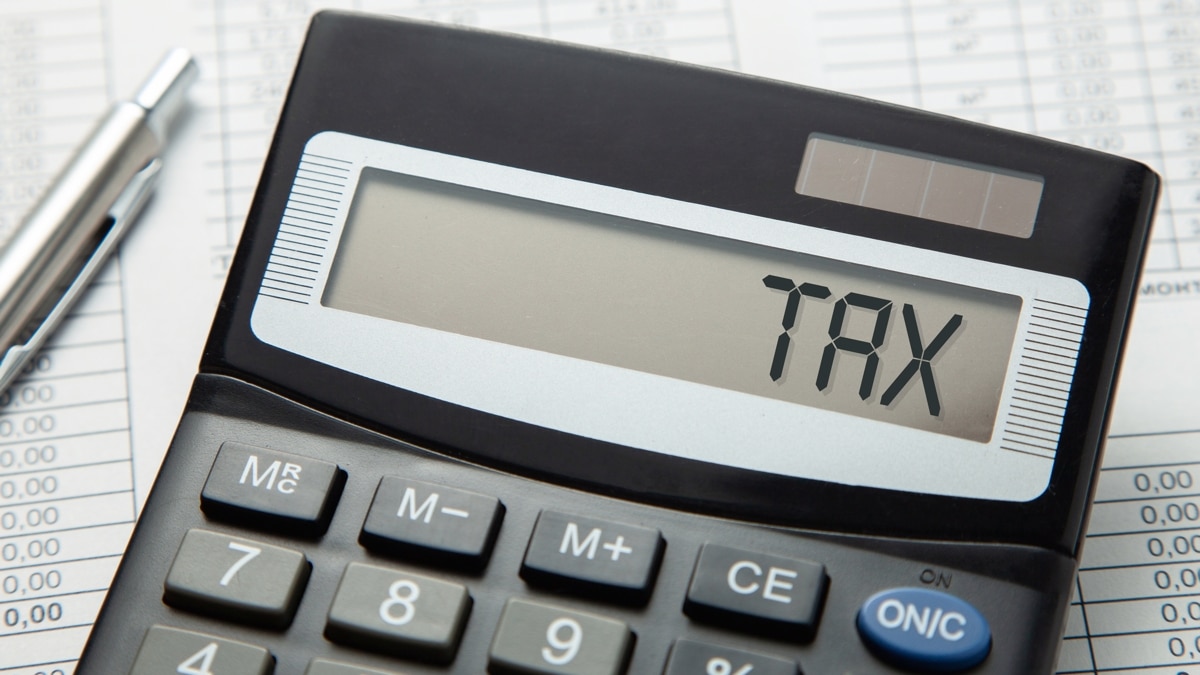Articles by
SuperGuide
-

Best performing pension funds: All Growth category (96–100%)
In this article you can discover the top 10 performing All Growth pension funds over 1 year and 10 years to 30 June 2025. All Growth funds have 96-100% invested in growth assets.
-

Best performing super funds: Conservative category (21–40%)
In this article you can discover the top 10 performing Conservative super funds over 1 year and 10 years to 30 June 2025. Conservative funds have 21-40% invested in growth assets.
-

Best performing super funds: Balanced category (41–60%)
In this article you can discover the top 10 performing Balanced super funds over 1 year and 10 years to 30 June 2025. Balanced funds have 41-60% invested in growth assets.
-
Best performing super funds: High Growth category (81–95%)
In this article you can discover the top 10 performing High Growth funds over 1 year and 10 years to 30 June 2025. High Growth funds have 81-95% invested in growth assets.
-
Best performing super funds: All Growth category (96–100%)
In this article you can discover the top 10 performing All Growth super funds over 1 year and 10 years to 30 June 2025. All Growth funds have 96-100% invested in growth assets.
-
Your tax guide to accessing your super under age 60
If you’re eligible and thinking about tapping into your super before you turn 60, it’s worth checking the tax implications first. In some cases, you may be better holding off for a while.
-
Your tax guide to accessing your super over age 60
Once you turn 60 and start withdrawing your super, the tax advantages of the super system come into play.
-
Super contributions eligibility checker
Not sure what type of super contributions you’re eligible for? Find out fast and start making the most of your opportunities.
-
Income tax calculator (2025–26 and previous years)
Enter your taxable income and the calculator will show your total tax, marginal tax rate and your effective tax rate.
-
Super death benefits and tax explained
Your beneficiaries could end up paying more tax than necessary when they receive your superannuation death benefit if you don’t learn the rules that apply.
-
What are the accumulation and retirement phases of super?
Superannuation has two broad phases – accumulation phase and retirement phase. But it’s important to note they aren’t mutually exclusive. You can have money in both at once.
-
Concessional super contributions guide (2025-26)
Concessional contributions make up most of the money going into your super account, so it’s important to understand what these are and how they work.
-
Non-concessional super contributions guide (2025–26)
Making a personal contribution into your super can be a great way to boost your retirement nest egg and enjoy the tax-effective benefits of the super system.
-
How the government co-contribution scheme works (including calculator)
A free co-contribution payment made by the government into your super account can be a great way to boost your super account if you have some money to spare.
-
How is my Total Superannuation Balance (TSB) calculated?
Your total super balance determines whether you can use a range of valuable super measures. Learn how it works and what you could be eligible for.
-
Superannuation Guarantee contributions rate and rules
With Super Guarantee (SG) contribution rates changing again, it pays to understand the rules and the rate your employer is required to pay in 2025-26.
-
Quiz: Planning for retirement
Take the following 10-question quiz to test your knowledge on how to plan for your retirement.
-
SMSFs: What is an actuarial certificate, and how much do they cost?
When a member of your SMSF retires and starts receiving pension income, then it’s time to put an actuarial certificate on your annual to-do list. Here’s what’s involved.













